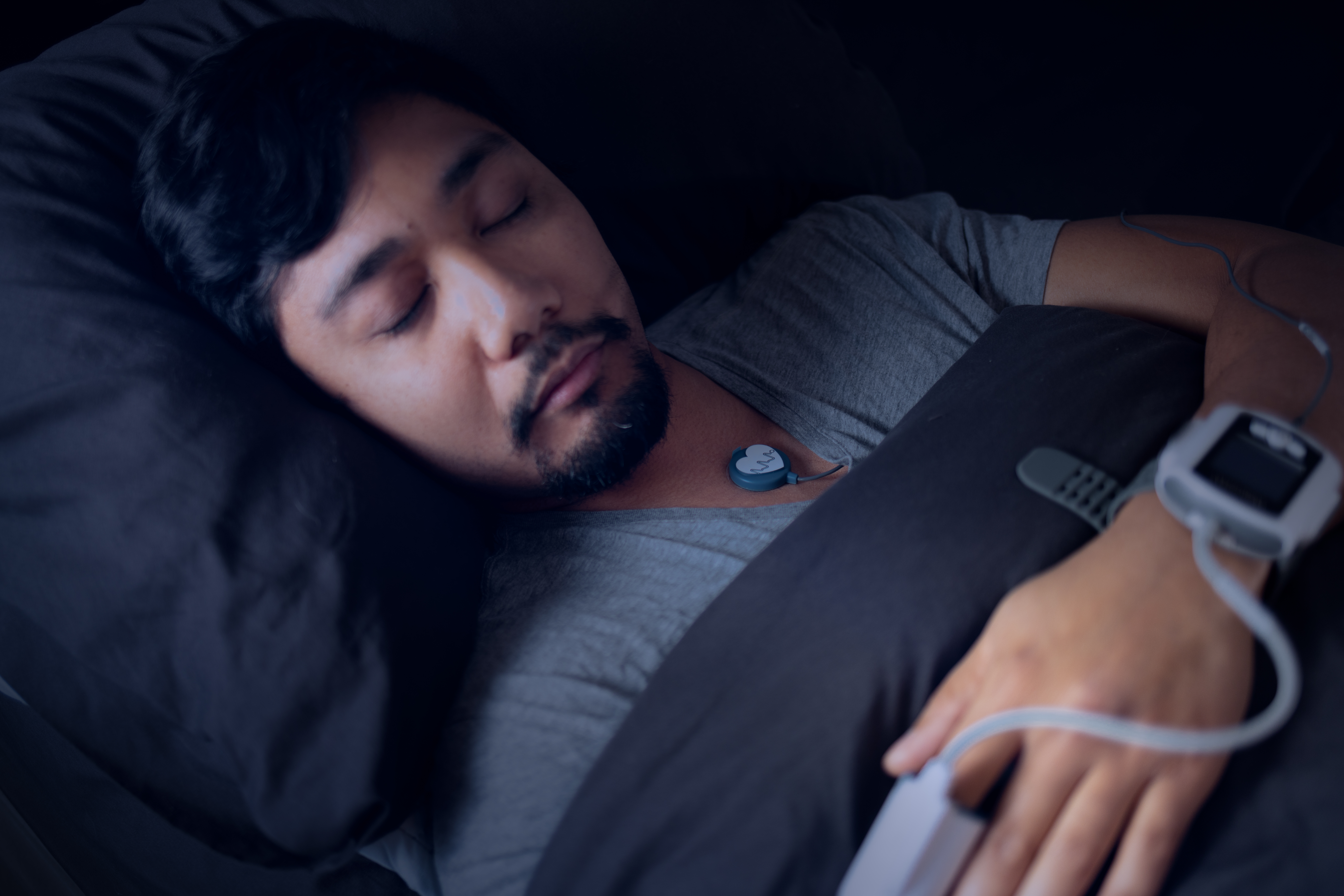How to Recover from Sleep Debt

We’ve all been there. Something keeps us up later than we’d like. Or we get to bed at the usual time but can’t fall asleep or stay asleep. It doesn’t take too many nights like that before our lack of sleep affects us during the day. Even one bad night can create a so-called sleep debt.
What can you do to recover? We explain below.
What Is Sleep Debt?
Also called sleep deficit, sleep debt is the difference between the amount of sleep your body needs and the amount you get. Everyone’s sleep requirement is different (typically somewhere between 7 and 9 hours), so there’s no standard minimum amount of sleep that puts you at risk of accumulating a debt.
Carrying a sleep debt is common, particularly as people today spend an increasing amount of time looking at their devices at night when they should be closing their eyes and drifting off. Those who work shift jobs are even more likely to suffer from a lack of sleep.
One challenge with identifying sleep debt is you may not feel tired. Many people can adapt — at least cognitively — to being in a state of sleep deficit. However, their lack of sleep is still adversely affecting them.
Health Consequences of Sleep Debt
Getting adequate rest is essential to your body and its physical and mental functions. If you maintain a sleep debt, you increase your risk of several issues, including:
- Diabetes
- Heart disease
- High blood pressure
- Stroke
- Weight gain
- Reduced immune system functioning
- Falls and other accidents
- Cognitive impairment
Consequently, you should get plenty of sleep every night and avoid sleep debt. You can do that by practicing good “sleep hygiene” — meaning you create the conditions for ample restful sleep. This includes:
- Having the right bedroom environment. It should be dark, cool (around 65 degrees Fahrenheit), and quiet. You should also have a comfortable bed, pillow, and bedding.
- Using your bed for sleeping and sex only. It’s best to read, watch TV, check your social media feeds, etc., in another room.
- Maintaining a consistent sleep schedule. You should go to bed and get up at the same time each day, including on weekends. If you need to significantly adjust your schedule to meet that guideline, you should do so in 30- or 60-minute increments.
- Avoiding exercise too close to bedtime. The earlier in the day you can complete your workout, the better.
- Eating light evening meals. Having a rich, heavy dinner in your stomach when you go to bed can make it hard to sleep. You should also avoid caffeine, nicotine, and alcohol in the evening.
How Long Does It Take to Recover from Sleep Debt?
It can take up to four days to recover from an hour of sleep debt and nine days or more to fully recover from a significant deficit. And while sleeping in later seems like a good strategy, it may not be helpful in addressing your debt and the physiological consequences.
If you go through a period of deprivation, use these tips to catch up on sleep:
- Get back to your normal routine as soon as possible. Returning to your typical sleep schedule keeps you from accumulating more sleep debt.
- Use afternoon naps in moderation. A quick 20-minute nap during the day can help you function better until bedtime. However, you should be careful not to nap for too long or in the late afternoon or evening. You don’t want to disrupt your nighttime sleep.
- Avoid stimulants, especially in the afternoon or evening. A cup of coffee may make you feel more alert, but it can adversely affect your sleep, contributing to your sleep debt.
- Keep a sleep diary. Taking notes can enable you to detect patterns and make changes that help you get more and better sleep.
- Be patient. Expecting your sleep debt to resolve in a night or two can create stress and frustration when you still feel tired after multiple days. Remember that it will take time for your body and mind to recover.
- Talk with your doctor. If you face significant or continual problems that are creating a sleep debt that’s affecting you during the day, your doctor can help. They can determine if you have an undiagnosed sleep problem like insomnia or sleep apnea and prescribe treatment.
Get Help with Sleep Issues from Baptist Health
Getting a full night of restful sleep feels great and does important things for your body. If you frequently find yourself accruing a sleep debt and need help addressing it, contact your primary care physician. They can evaluate your physical health and determine if an underlying problem is affecting your sleep. They can also refer you to Baptist Health’s sleep experts.



